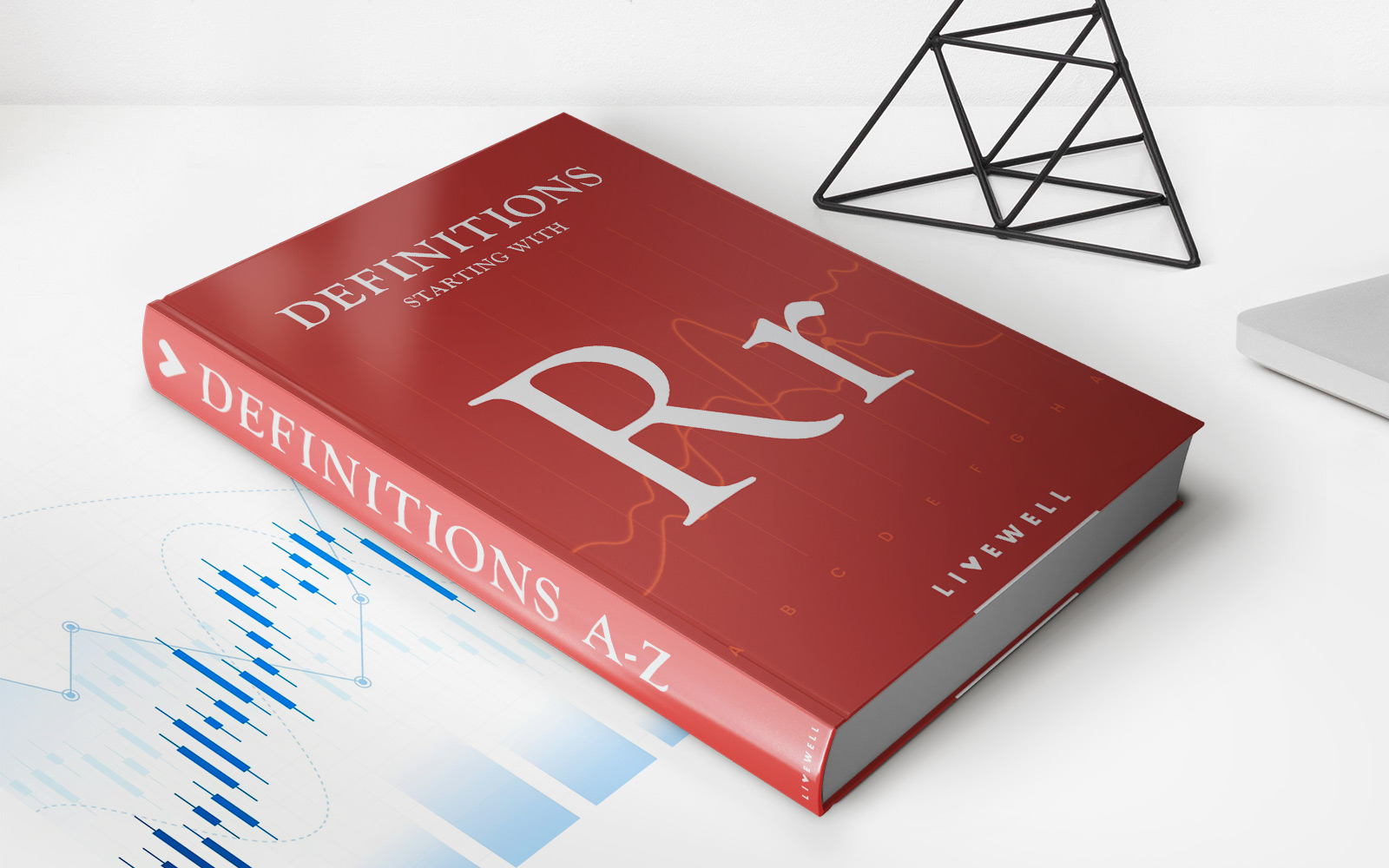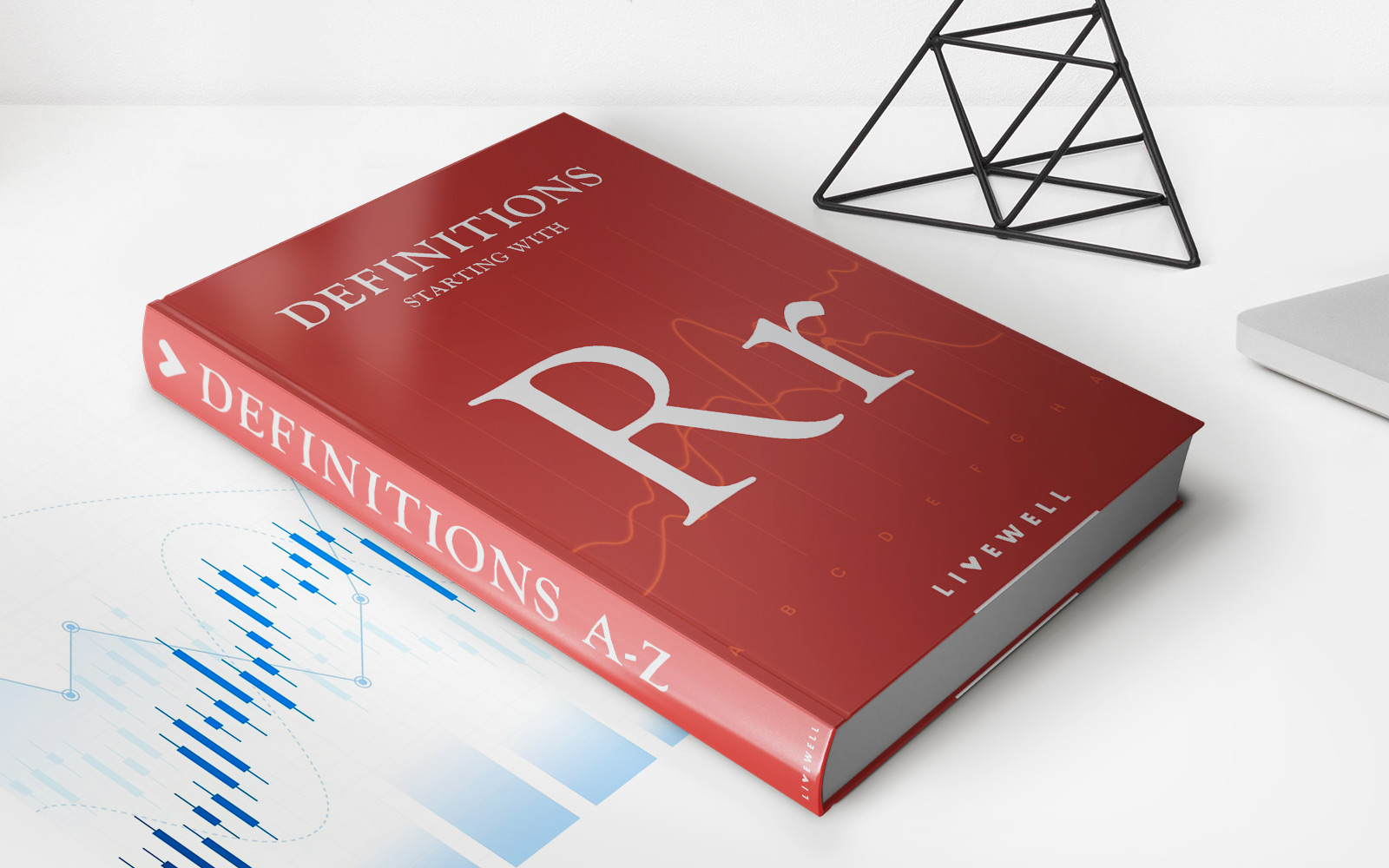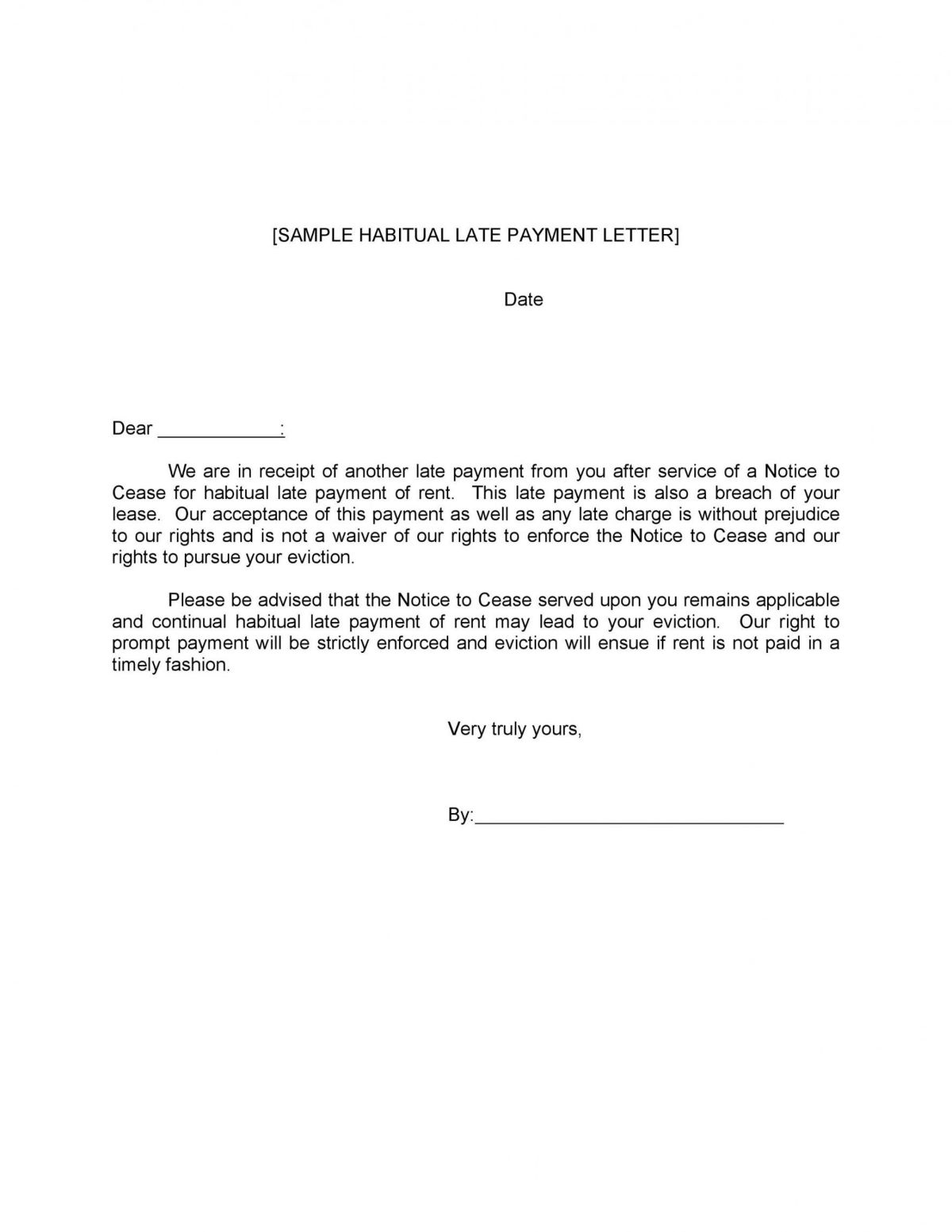Home>Finance>Residential Mortgage-Backed Security: Definition, Pros And Cons


Finance
Residential Mortgage-Backed Security: Definition, Pros And Cons
Published: January 19, 2024
Looking to understand residential mortgage-backed securities? Learn the definition and explore the pros and cons in finance.
(Many of the links in this article redirect to a specific reviewed product. Your purchase of these products through affiliate links helps to generate commission for LiveWell, at no extra cost. Learn more)
Residential Mortgage-Backed Security: Definition, Pros and Cons
Looking for a smart way to invest your money? Consider exploring the world of Residential Mortgage-Backed Securities (RMBS). In this blog post, we will delve into the definition of RMBS and explore its pros and cons. By the end of this article, you’ll have a clear understanding of what RMBS is and whether it might be a suitable investment option for you.
Key Takeaways:
- Residential Mortgage-Backed Securities (RMBS) are investment vehicles that represent an ownership interest in a pool of residential mortgages.
- Investing in RMBS has the potential to offer attractive returns and diversification, but it also carries certain risks, such as prepayment and credit risks.
What is a Residential Mortgage-Backed Security?
A Residential Mortgage-Backed Security (RMBS) is a type of investment vehicle that represents an ownership interest in a pool of residential mortgages. Essentially, it securitizes residential mortgages and transforms them into tradable securities. RMBS are created when mortgage originators bundle a large number of individual mortgages together and sell them as a package to investors. These packages are then divided into different tranches, each with varying levels of risk and return potential.
Now that we have a basic understanding of what RMBS is, let’s explore its pros and cons.
Pros of Investing in Residential Mortgage-Backed Securities
- Attractive Returns: One of the main attractions of RMBS is the potential for attractive returns. Investors can earn income from the interest payments made by mortgage borrowers. This can provide a consistent and relatively high yield compared to other fixed-income investments.
- Diversification: RMBS offer investors the opportunity to diversify their investment portfolios. By investing in a pool of mortgages, investors can spread their risk across various regions and borrower profiles. This diversification can help mitigate the impact of any one mortgage defaulting on the investment’s overall performance.
- Transparency: RMBS provide a level of transparency to investors. The underlying mortgage loans in an RMBS are typically well-documented, allowing investors to assess the creditworthiness of borrowers and evaluate the risk associated with their investment.
Cons of Investing in Residential Mortgage-Backed Securities
- Prepayment Risk: One of the main risks associated with RMBS is prepayment risk. When interest rates fall, borrowers may choose to refinance their mortgages at lower rates, resulting in the early repayment of the mortgage. This can impact the expected cash flows for investors, as they may receive less interest income than anticipated.
- Credit Risk: RMBS carry credit risk, as the investment’s performance is dependent on the creditworthiness of the underlying mortgage borrowers. If borrowers default on their mortgages, it can result in a loss of principal for investors. It is essential to thoroughly assess the credit quality of the mortgages in an RMBS before investing.
- Market Volatility: Like any investment, RMBS are subject to market volatility. Changes in interest rates, economic conditions, and investor sentiment can impact the value of these securities. Investors should be prepared for potential fluctuations in the market value of their RMBS investments.
In conclusion, Residential Mortgage-Backed Securities (RMBS) offer investors an opportunity to earn attractive returns and diversify their investment portfolios. However, it is essential to carefully consider the risks, such as prepayment and credit risks, associated with RMBS investments. Conduct thorough due diligence, assess potential returns and risks, and seek advice from a financial professional before making any investment decisions.













